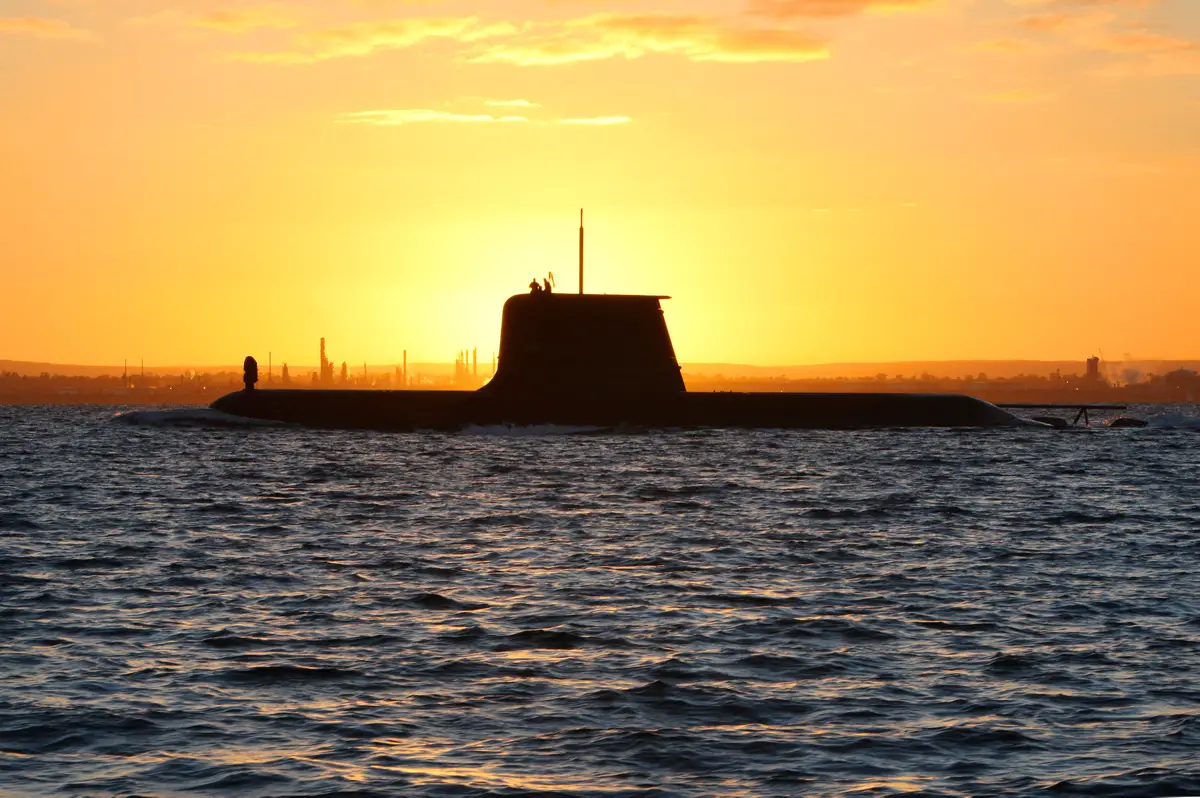In a significant development, Sweden and Australia have forged an agreement through their respective defense agencies, namely the Swedish Defense Materiel Agency (Försvarets materielverk, FMV) and its Australian counterpart. This bilateral cooperation paves the way for Australia to leverage advanced Swedish submarine technology, which is owned by FMV, to modernize its existing submarine fleet. Australia is focused on upgrading and prolonging the operational lifespan of its Collins-class submarines, originally developed by Kockums AB and constructed by the Australian submarine shipyard ASC Pty Ltd (ASC) during the 1980s and 1990s.
Göran Mårtensson, the Director General of FMV, expressed his views on the collaboration, stating, “Both Sweden and Australia recognize the immense strategic importance of underwater capabilities in defense. This cooperation underscores the high demand for Swedish submarine technology, and FMV eagerly anticipates a long-term partnership between our nations.”

Under the agreement, a long-term collaboration will ensue, with ASC partnering with Swedish company Saab Kockums AB to facilitate further advancements in submarine technology for the Collins class. The Collins class, comprising six submarines, originated from the Swedish Västergötland class. Subsequently, Sweden progressed to develop the Gotlands class, while Saab Kockums is presently involved in the construction of the next generation of Blekinge-class submarines (A26) on behalf of FMV.
The Collins-class submarines are Australian-built diesel-electric submarines operated by the Royal Australian Navy (RAN). The Collins class takes its name from Australian Vice Admiral John Augustine Collins; each of the six submarines is named after significant RAN personnel who distinguished themselves in action during World War II. The six vessels were the first submarines built in Australia, prompting widespread improvements in Australian industry and delivering a sovereign (Australian controlled) sustainment/maintenance capability.The Collins class was expected to be retired about 2026, however, the 2016 Defence White Paper extended this into the 2030s.















